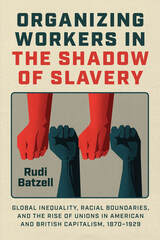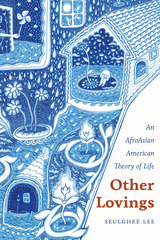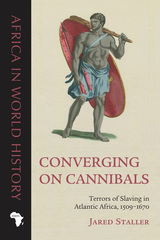
In Converging on Cannibals, Jared Staller demonstrates that one of the most terrifying discourses used during the era of transatlantic slaving—cannibalism—was coproduced by Europeans and Africans. When these people from vastly different cultures first came into contact, they shared a fear of potential cannibals. Some Africans and European slavers allowed these rumors of themselves as man-eaters to stand unchallenged. Using the visual and verbal idioms of cannibalism, people like the Imbangala of Angola rose to power in a brutal world by embodying terror itself.
Beginning in the Kongo in the 1500s, Staller weaves a nuanced narrative of people who chose to live and behave as “jaga,” alleged cannibals and terrorists who lived by raiding and enslaving others, culminating in the violent political machinations of Queen Njinga as she took on the mantle of “Jaga” to establish her power. Ultimately, Staller tells the story of Africans who confronted worlds unknown as cannibals, how they used the concept to order the world around them, and how they were themselves brought to order by a world of commercial slaving that was equally cannibalistic in the human lives it consumed.
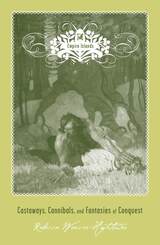
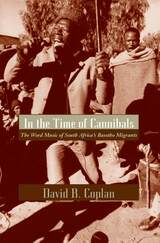
Coplan discusses every aspect of the Basotho musical literature, taking into account historical conditions, political dynamics, and social forces as well as the styles, artistry, and occasions of performance. He engages the postmodern challenge to decolonize our representation of the ethnographic subject and demonstrates how performance formulates local knowledge and communicates its shared understandings.
Complete with transcriptions of full male and female performances, this book develops a theoretical and methodological framework crucial to anyone seeking to understand the relationship between orality and literacy in the context of performance. This work is an important contribution to South African studies, to ethnomusicology and anthropology, and to performance studies in general.
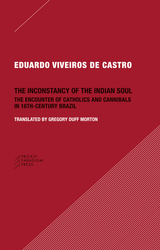
In the mid-sixteenth century, Jesuit missionaries working in what is now Brazil were struck by what they called the inconstancy of the people they met, the indigenous Tupi-speaking tribes of the Atlantic coast. Though the Indians appeared eager to receive the Gospel, they also had a tendency to forget the missionaries’ lessons and “revert” to their natural state of war, cannibalism, and polygamy. This peculiar mixture of acceptance and rejection, compulsion and forgetfulness was incorrectly understood by the priests as a sign of the natives’ incapacity to believe in anything durably.
In this pamphlet, world-renowned Brazilian anthropologist Eduardo Viveiros de Castro situates the Jesuit missionaries’ accounts of the Tupi people in historical perspective, and in the process draws out some startling and insightful implications of their perceived inconstancy in relation to anthropological debates on culture and religion.
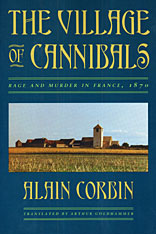
In August 1870, during a fair in the isolated French village of Hautefaye, a gruesome murder was committed in broad daylight that aroused the indignation of the entire country. A young nobleman, falsely accused of shouting republican slogans, was savagely tortured for hours by a mob of peasants who later burned him alive. Rumors of cannibalism stirred public fascination, and the details of the case were dramatically recounted in the popular press. While the crime was rife with political significance, the official inquiry focused on its brutality. Justice was swift: the mob’s alleged ringleaders were guillotined at the scene of the crime the following winter.
The Village of Cannibals is a fascinating inquiry by historian Alain Corbin into the social and political ingredients of an alchemy that transformed ordinary people into executioners in nineteenth-century France. Corbin’s chronicle of the killing is significant for the new light it sheds on the final eruption of peasant rage in France to end in murder. No other author has investigated this harrowing event in such depth or brought to its study such a wealth of perspectives.
Corbin explores incidents of public violence during and after the French Revolution and illustrates how earlier episodes in France’s history provide insight into the mob’s methods and choice of victim. He describes in detail the peasants’ perception of the political landscape and the climate of fear that fueled their anxiety and ignited long-smoldering hatreds. Drawing on the minutes of court proceedings, accounts of contemporary journalists, and testimony of eyewitnesses, the author offers a precise chronology of the chain of events that unfolded on the fairground that summer afternoon. His detailed investigation into the murder at Hautefaye reveals the political motivations of the murderers and the gulf between their actions and the sensibilities of the majority of French citizens, who no longer tolerated violence as a viable form of political expression. The book will be welcomed by scholars, students, and general readers for its compelling insights into the nature of collective violence.
READERS
Browse our collection.
PUBLISHERS
See BiblioVault's publisher services.
STUDENT SERVICES
Files for college accessibility offices.
UChicago Accessibility Resources
home | accessibility | search | about | contact us
BiblioVault ® 2001 - 2025
The University of Chicago Press



